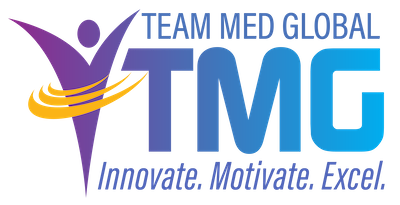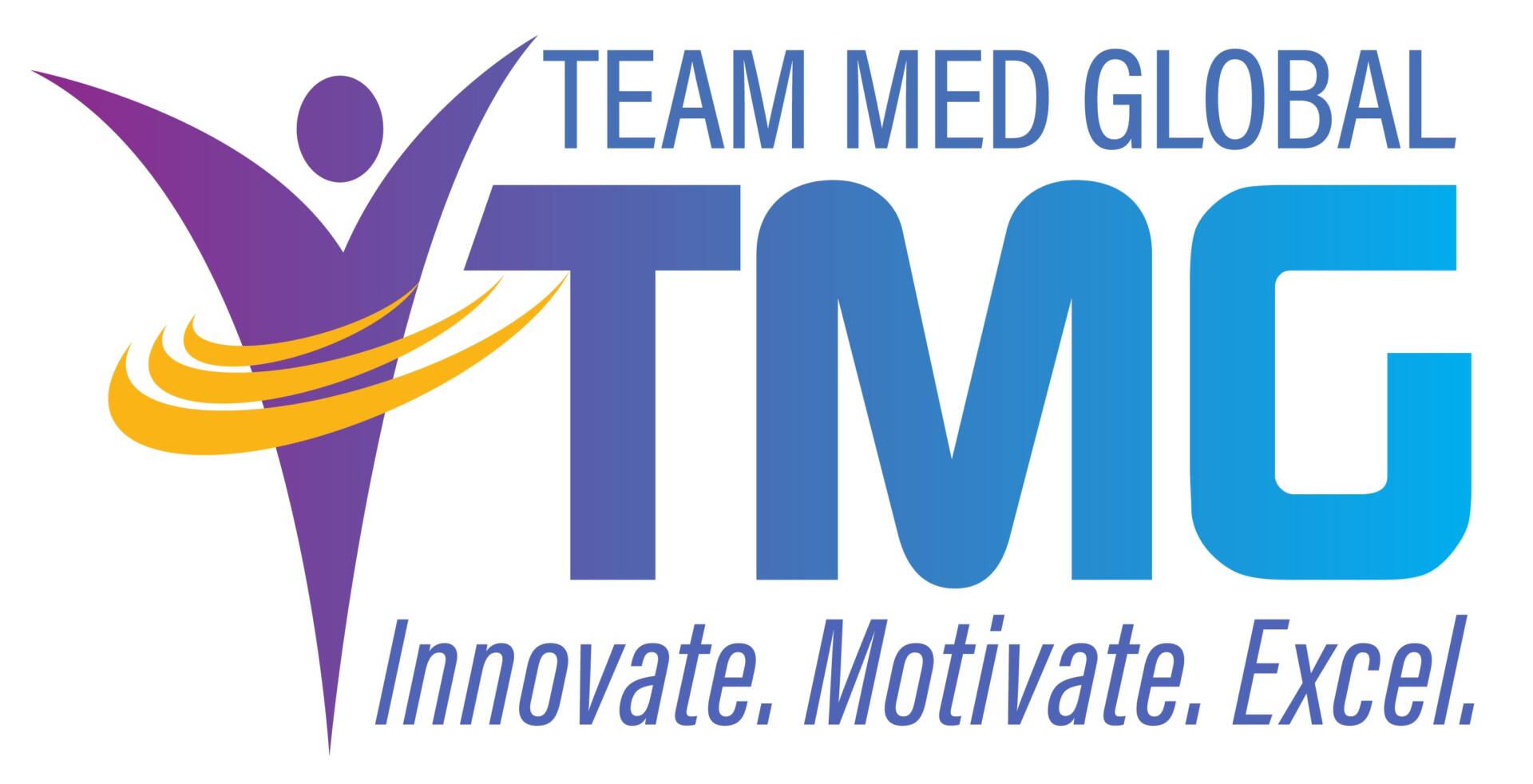 Imposter syndrome, far from being a fleeting sense of self-doubt, can permeate every facet of our professional lives. It infiltrates our perceptions, influences our decisions, and shapes our very identity. Rooted deep within our psyche, it forms a complex tapestry of emotions and thoughts, obscuring our achievements and impeding our progress.
Imposter syndrome, far from being a fleeting sense of self-doubt, can permeate every facet of our professional lives. It infiltrates our perceptions, influences our decisions, and shapes our very identity. Rooted deep within our psyche, it forms a complex tapestry of emotions and thoughts, obscuring our achievements and impeding our progress.
This intricate interplay between perception and reality manifests as a persistent feeling of inadequacy and self-doubt, despite tangible evidence of competence and success. We struggle with fearing exposure as frauds or unworthy of our accomplishments. This pervasive sense of fraud not only undermines our confidence but also acts as a barrier to our career advancement, often leading to chronic stress and burnout.
Signs of Imposter Syndrome among MSPs
Imposter syndrome can manifest in subtle yet impactful ways:
Overachievement: We may feel compelled to overcompensate for perceived inadequacies by setting unrealistic expectations for ourselves. We may take on excessive workloads, volunteer for additional tasks, or strive for perfection in every aspect of our job.
Downplaying Success: Despite achieving significant milestones or receiving praise for our work, we may attribute our success to external factors such as luck or timing. We may struggle to internalize positive feedback and may dismiss our accomplishments as mere flukes.
Constant Seeking of Validation: We may constantly seek validation from our supervisors and colleagues. We may feel a relentless need for reassurance that we are performing adequately, often seeking feedback and interpreting constructive criticism as confirmation of our inadequacy.
Fear of Failure: The fear of failure looms large for those of us grappling with imposter syndrome. We may hesitate to take on new challenges or opportunities for fear of falling short of expectations. This fear can paralyze decision-making and stifle professional growth.
Comparison with Peers: We may engage in relentless comparison with our peers, often perceiving others as more competent or accomplished. This constant comparison exacerbates feelings of inadequacy and perpetuates the belief that we don’t measure up to our colleagues.
Masking Insecurities: Many MSPs with imposter syndrome become adept at masking our insecurities, projecting an outward image of confidence and competence. However, beneath the surface, we may grapple with feelings of self-doubt and anxiety about our abilities.
Strategies to Combat Imposter Syndrome
Cultivate Self-Awareness: Recognize when imposter syndrome rears its head. Acknowledge the feelings of self-doubt and understand that they are common among professionals, including MSPs.
Reframe Negative Thoughts: Challenge the inner critic by reframing negative thoughts. Instead of dwelling on perceived shortcomings, focus on past successes and strengths. Keep a journal to track accomplishments and positive feedback.
Set Realistic Goals: Break down larger tasks into manageable goals. Celebrate each milestone achieved, no matter how small. Setting achievable objectives provides a sense of progress and boosts confidence.
Seek Support and Mentorship: Connect with colleagues who understand the challenges of the MSP role. Share experiences and seek guidance from mentors who can offer perspective and encouragement.
Practice Self-Compassion: Treat yourself with kindness and understanding. Accept that mistakes are part of the learning process and offer yourself the same empathy you’d extend to others facing similar challenges.
Invest in Professional Development: Pursue opportunities for skill enhancement and continued learning. Attend workshops, webinars, and courses relevant to your MSP role. Expanding knowledge and expertise reinforces confidence and competence.
Promote a Positive Work Environment: Foster a culture of support and collaboration within the workplace. Encourage open dialogue about imposter syndrome and provide resources for addressing mental health concerns.
Overcoming imposter syndrome is an ongoing journey that requires self-awareness, resilience, and support. By implementing these actionable strategies, we can reclaim our confidence and excel in our vital roles within the healthcare system. Remember, you are not alone in your struggles, and your contributions are valuable and worthy of recognition. Embrace your expertise, trust in your abilities, and step forward with confidence on your professional journey.

